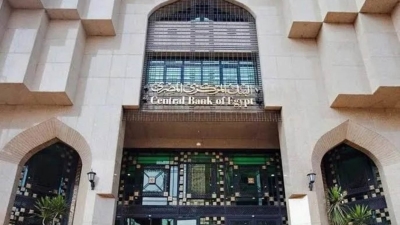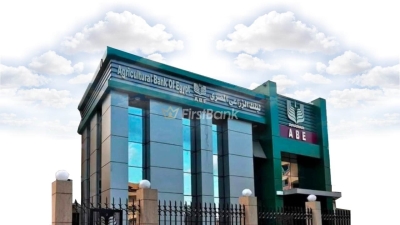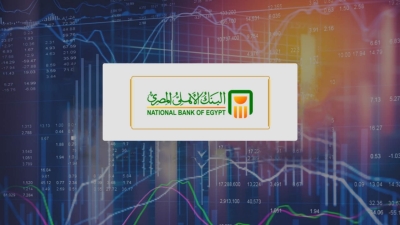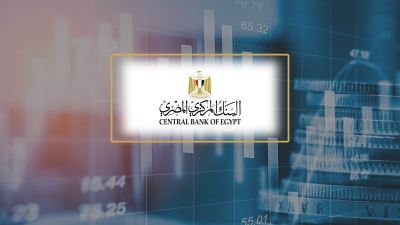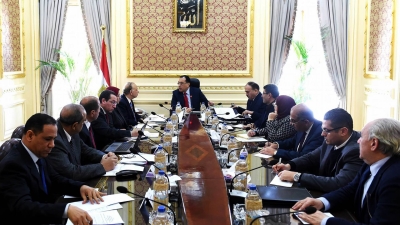Egypt's Agriculture Bank contributes to facilitating marriage, paying off debits in Fayoum

The Egyptian Agricultural Bank distributed in-kind contributions to youth about to marry from the most needy families in the villages of a decent life in Fayoum Governorate.
The bank also contributed to paying the debts of a number of debtor women as part of its social responsibility, and in implementation of the presidential initiative, Prisons Without Debtors.
The bank was keen to support the state's efforts to achieve the goals of the presidential initiative " Decent Life", to achieve social solidarity and provide help to the most needy families and vulnerable groups with the aim of improving the standard of living of countryside.
The bank handed over the in-kind contributions in the precense of Dr. Ahmed Al-Ansari, Governor of Fayoum, and Alaa Farouk, Chairman of the Board of Directors of the Agricultural Bank of Egypt, in addition of Dr.
Muhammad Emad, Deputy Governor, and a number of representatives of the House of Representatives and Senate, executive leaders, and leaders of the Agricultural Bank of Egypt.
In order to achieve financial inclusion, the Agricultural Bank of Egypt was keen, during the press conference, to conduct lecture to increase banking awareness and financial education, and to introduce the financing opportunities offered by the bank to finance micro-enterprises.
Especially the “Bab Rizq Egypt ", launched by the bank to empower women and youth in villages with a decent life and to finance micro-enterprises for rural areas.
The roles of the initiative included also bridging development gaps between cities, villages while their dependency, investing in human development, and enhancing the value of the Egyptian personality.
Farouk indicated that the bank has doubled its efforts during the last period to support the most needy families in the villages of a decent life by contributing to facilitating the marriage of young people, in order to face the high costs of marriage expenses for youth , reduce their negative effects and contribute to paying off the debts.
He explained that the Bank is keen to extend its role to more than providing in-kind and material contributions to support families most in need by motivating rural people, especially rural women, to work and produce, through its financing programs for small and micro projects to provide real job opportunities for them, increase their families’ income, and provide means of a decent life. For everyone.
He pointed out that the Fayoum governorate was one of the first governorates in which the bank launched its financing program “Bab Rizq”, specifically from the village of Abu Jendir in the Atsa Center, to encourage women and youth to work and produce, and to establish their own projects to achieve financial returns for them, and raise the standard of living for her family. The program is a great success.
He noted that the amount of financing so far reached 323 million pounds, benefiting about 33 thousand customers in all governorates, and rural women represent more than 58% of the beneficiaries of this financing.


